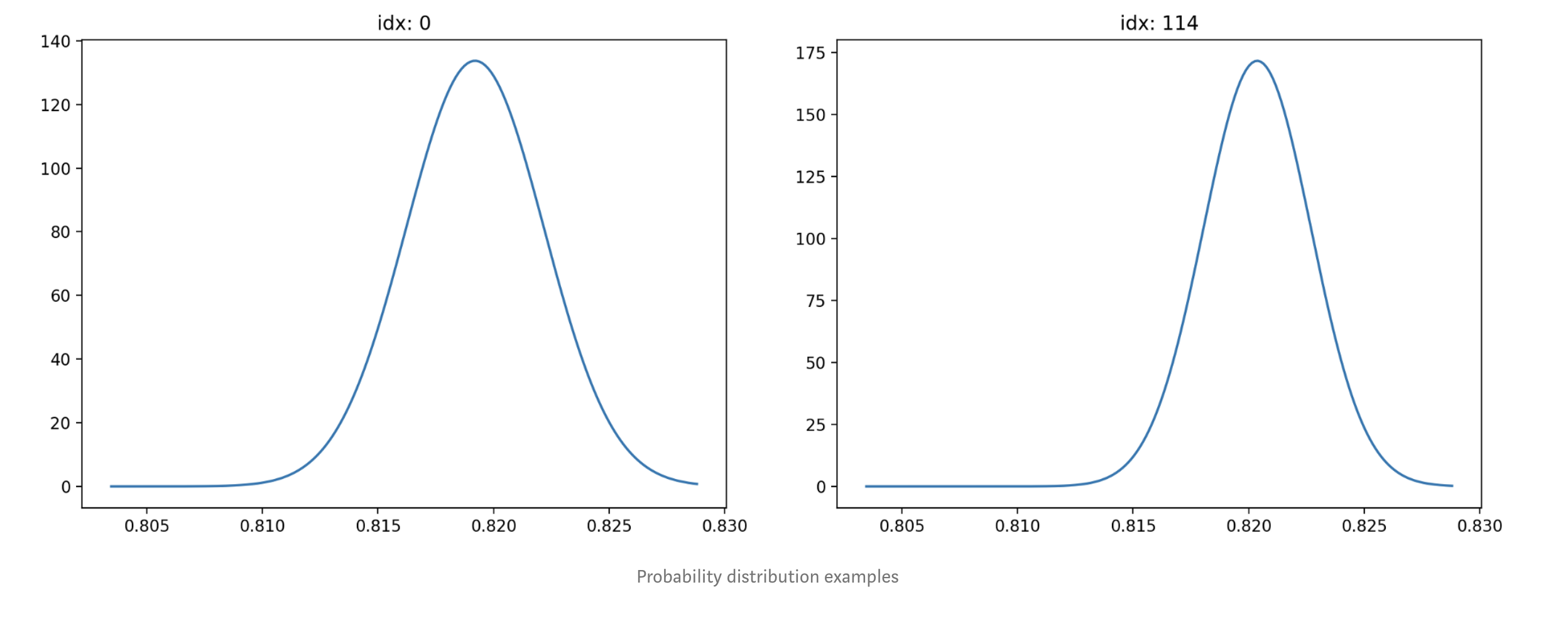I want to compute a confidence interval for each sample for a lightgbm model I've trained.
If the model was a random forest, it'd be quite easy, just take all the trees and compute the standard deviation of the predictions.
I wonder if a similar think can be done with lightgbm. In particular:
- Does it make sense to compute the standard deviation of a boosting model by taking the predictions of all trees, or something similar?
- Can it be done in scikit-learn?
- Are there alternatives to obtain confidence intervals for lightgbm predictions, appart from the alternative that would be training quantile models?

